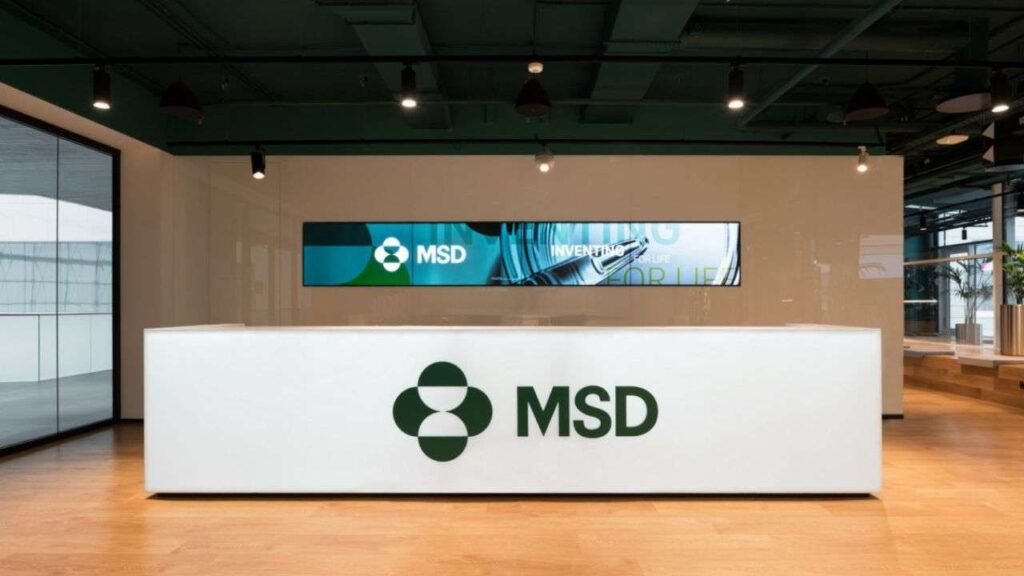American pharmaceutical leader MSD, also known as Merck in the United States, has announced it will no longer move ahead with its £1bn expansion plans in the UK. The company cited insufficient government support for the life sciences sector, a move that will impact more than 100 jobs and shift critical research operations back to the US.
Research Moves Across the Atlantic
MSD had initially committed to a major expansion in London’s King’s Cross, with a facility expected to be completed by 2027. However, the firm revealed it will not be occupying the new site. In addition, it will withdraw from its labs at the London Bioscience Innovation Centre and the Francis Crick Institute by the end of the year, leading to 125 job losses.
Criticism of UK Government Support

The pharmaceutical giant made it clear that its decision stems from what it perceives as repeated underinvestment in the life sciences industry. A company spokesperson pointed out that successive governments have undervalued breakthrough medicines and vaccines, discouraging long-term commitment.
Wider Industry Concerns
MSD is not alone in expressing frustration. Earlier this year, AstraZeneca abandoned its £450m plans for a vaccine plant expansion in Merseyside, also blaming weak government backing. Similarly, Novartis executives have voiced concerns that Britain’s declining competitiveness is limiting patient access to cutting-edge treatments and forcing companies to reconsider their investments.
Political and Global Pressures
The shift is not only linked to the UK’s policy climate. US political pressure is also playing a role. Under former President Donald Trump, pharmaceutical firms were urged to invest more domestically, with threats of tariffs on imported drugs as high as 250%. This has pushed global pharma companies, including MSD, to prioritise investment in the American market, the largest for pharmaceuticals worldwide.
Industry Experts Defend UK Research Base
Despite these setbacks, experts argue that the UK’s scientific foundations remain strong. Dr. David Roblin, head of London-based Relation Therapeutics, noted that the country’s academic ecosystem continues to attract innovation and investment. Platforms like the UK Biobank, he said, are still global leaders in enabling medical research and discovery.
Government’s Response
The UK government has defended its record, pointing to hundreds of millions of pounds already invested into health data research and life sciences manufacturing funds. A spokesperson from the Department for Industry, Science and Technology admitted there was “more work to do” but insisted that Britain remains one of the most attractive destinations for investment.
The Road Ahead for UK Life Sciences
MSD’s retreat adds to a growing list of pharmaceutical companies reducing their UK footprint. While the nation’s research environment is widely regarded as world-class, the combination of global political pressures and perceived lack of local support raises questions about Britain’s ability to remain a top hub for pharmaceutical innovation.

